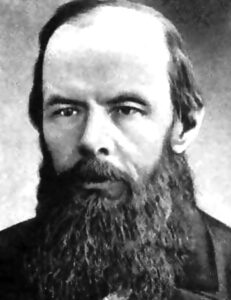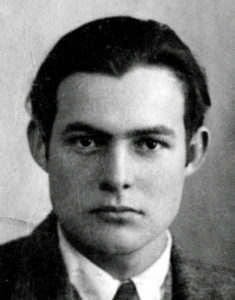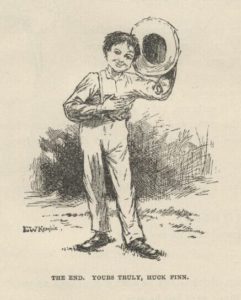by James Scott Bell
@jamesscottbell
On occasion a writer is tapped to make some remarks in a public setting. For some, this is as enticing as a root canal, or being forced to watch The Golden Bachelor. We’ve given out some good advice on public speaking here at TKZ (you can use the search box). Today, I’d like to talk about things you should never do when giving a speech.
To help me out, I call upon the great American humorist Robert Benchley. Benchley came to prominence with a stage performance called “The Treasurer’s Report.” It was a hilarious bit about a befuddled man trying to make a dull presentation somewhat entertaining. It was turned into a short film in 1928 and is one of the earliest “talkies” ushered in by The Jazz Singer.
Benchley gave a similar performance the 1943 movie The Sky’s the Limit, starring Fred Astaire. It gives us a compendium of speaking blunders we should attend to.
Take a look at this:
What did Mr. Benchley do wrong here?
Throat clearing (literally and figuratively). He announces that he has some remarks “by way of introduction.” Well, duh! That’s why he’s up there. You don’t need to tell your audience you are there to make some remarks. Just start remarking.
Which brings us to your opening words. So many speakers get introduced, then step up to the microphone and say something like, “Thank you, Jan, for that lovely introduction.” This is the equivalent of throat clearing. These words that go through the ears out right out of the heads of the audience. They are waiting for what you to say that they haven’t heard before.
Joke intro: “I’m reminded of a story, which probably most of you have heard…”
First of all, it’s very hard to tell a joke successfully in a speech. Some people are natural at it and can get away with it, but they never announce that they are about to tell a joke. That raises expectations and increases the chance of bombing.
If you’ve got a funny line that you have tested before others, go ahead and toss it in, without any additions.
Don’t laugh at your own stories or offhand remarks. Let the audience do all the reacting.
Don’t look above the audience. Make eye contact. I usually find a few friendly faces on either side of a room to return to.
Don’t intro your slides. You’ve got slides? That’s good. When they to on, guess what? The audiences sees them. That’s the wonder of it. In any event, you don’t have to say you have prepared some slides. Make them appear, then say what you need to say about them. Which assumes, of course, you know everything on them, unlike Mr. Benchley:
And now the ending:
First, don’t drink water during your talk (unless necessary for survival).
Second, stick your landing. Know your ending. It’s that last note you leave with your audience. Don’t befuddle it.
Third, always leave sooner rather than later.
On occasion, Mark Twain would attend the services of Dr. Doane, later Bishop of Albany, but then the Rector of an Episcopal church in Hartford. The good doctor was not known for his brevity. His sermons tended to go on…and on. Twain, one of the world’s great speakers, wondered how to offer some advice to the minister. One Sunday he took his chance.
“A fine sermon this morning,” Twain said. “You know, I have a book at home containing every word of it.”
“You have not!” Dr. Doane said.
“I do indeed.”
“Well, you send that book to me. I’d like to see it.”
“I will,” Twain said. The following day he sent Dr. Doane an unabridged dictionary.
These are some big “don’ts” of public speaking. Any others you’d like to add?

 I love a good epigraph. That’s the quotation some authors put on a standalone page right before the novel begins. It is not to be confused with an epigram, which is a pithy and witty statement. However, if placed at the front of a book, an epigram becomes an epigraph, thus epitomizing epiphenomena (secondary effects).
I love a good epigraph. That’s the quotation some authors put on a standalone page right before the novel begins. It is not to be confused with an epigram, which is a pithy and witty statement. However, if placed at the front of a book, an epigram becomes an epigraph, thus epitomizing epiphenomena (secondary effects).




